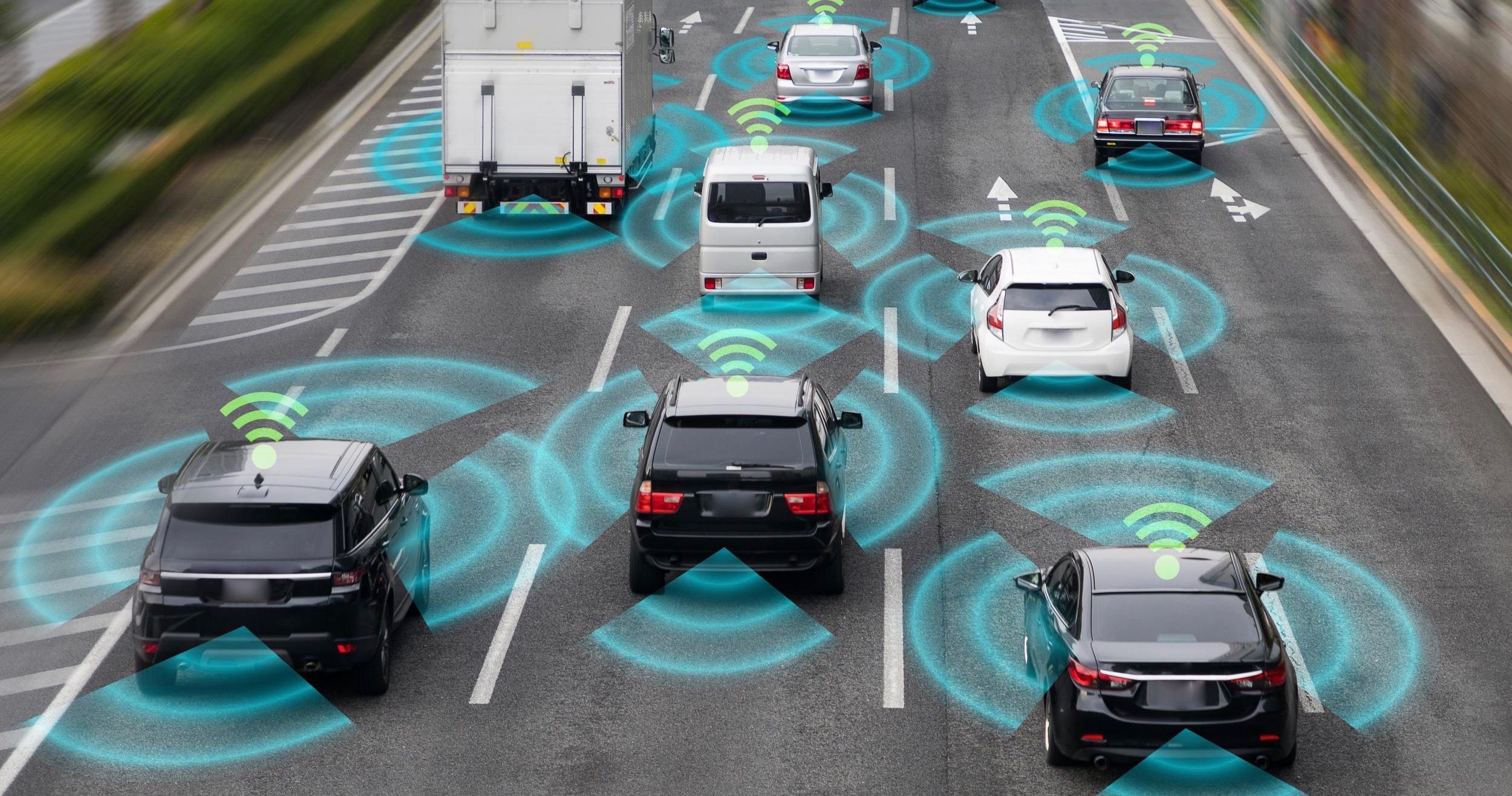In the 1990s, the Communications Assistance for Law Enforcement Act (CALEA) required that telecommunications equipment manufacturers integrate wiretap functions into their technology to enhance the ability of law enforcement to conduct a lawful interception of communication. The act has since been extended to cover broadband Internet, VoIP traffic and even GPS technology.
When used responsibly, it may allow law enforcement agencies to track suspects who are driving when an amber alter is issued. Tesla, for example, has technology that can process video to check for license plates or even photos of other cars, and therefore spot suspects on the move. In California, where a Tesla is estimated to drive by every minute, the police may require the company to cooperate with law enforcement to track criminals and ultimately apprehend them.
Although this may sound like a good use of surveillance technology, some experts fear it can be exploited to unlawfully track individuals, such as political dissidents in countries like Russia or China, or even be used by police to track people without a warrant. This scenario could create a fleet of advanced cars that function as a state surveillance apparatus. In fact, China already has plans to connect driverless cars to the internet and install sensors in roads and traffic lights by 2025.
Currently, smart cars, like most IoT devices, monitor your activity, your location, your routes, and your behavior. They listen, record, and transmit user-tracking reports to an array of recipients. Therefore, manufacturers, whose apps run on smart devices, relay that information to ad agencies and other third parties. Ultimately, anyone who can gain access to the data stream is able to monitor, intercept, collect and re-sell individuals’ personal information.
In the US and Europe, smart cars include an event data recorder that registers everything the vehicle is doing, including a person’s driving behavior and patterns, seat belt use, speed, parking locations, etc. Like most systems, it can be hacked and provide access to a particular user. According to Sky News, 89,000 stolen cars in London in 2013 were hacked into electronically, which can result in blackmail, extortion, kidnapping, and accidents.
RELATED: 10 Updates About Self Driving Cars (And When Are They launching)
Even the executive vice president of Ford Jim Farley openly admits, “We know everyone who breaks the law. We know when you’re doing it. We have GPS in your car, so we know what you’re doing.” Perhaps now it’s necessary for consumers to decide whether that’s acceptable or not.

